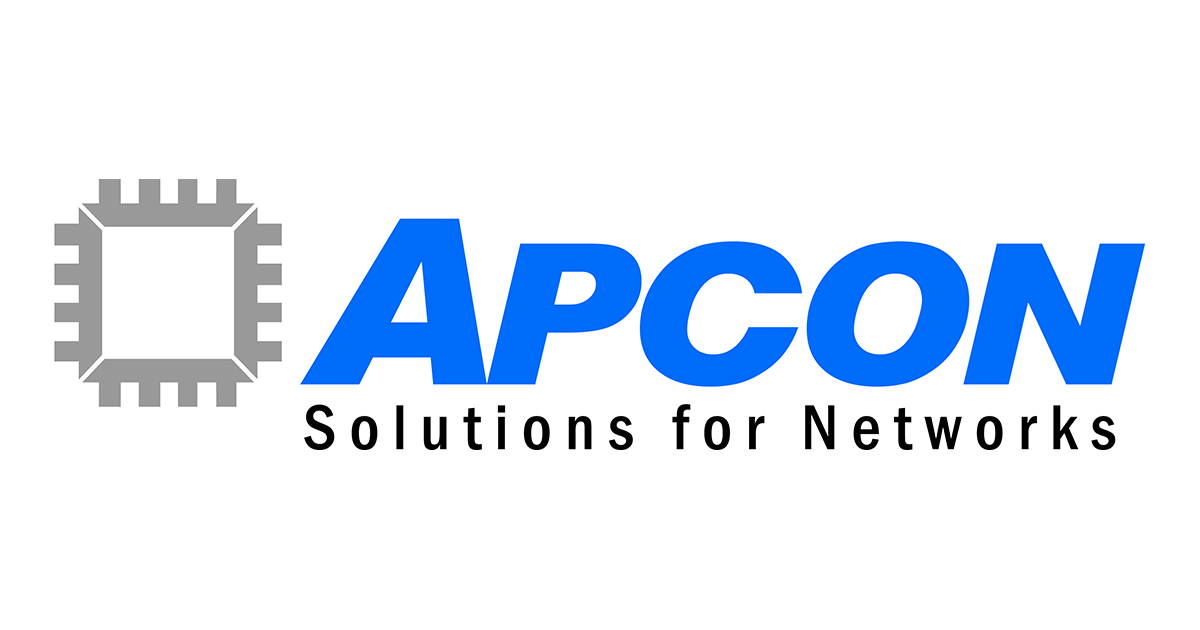The advertising industry is entangled in a heated discussion over N8 billion debt owned by advertisers and media buying agencies,
The debt, which has grown over the years due to absence of a governing council for APCON in the last four years, according to
practitioners, has created a huge gap in its ability to perform its regulatory responsibilities. It was gathered that the practice in
Nigeria is in contrast to what obtains in South Africa where advertisers are made to pay heavy sanction and financial penalty for
defaulting on payment.
Few years back, it was reported that APCON intervened in the advertising debt issue by setting up a special committee on media debts issue, which member of the committee were drawn from the major sectoral associations, namely ADVAN, AAAN, BON, MIPAN, OAAN, and NPAN, chaired by Ayodele Sulaimon. The committee met to review submitted reports of media advertising debts of N2 billon as at 2007
However, the delay in payment by advertisers was attributed to the sudden non-compliance to the existing payment due
date of 45 days by multinational companies who are said to be demanding 150 days to process media invoice before payment is made.
Advertising practitioners and media owners, however, have condemned this request stating that it does not conform to global best practices.
A practitioner, Sola Bamgbose, consultant to a telecom company described the request by the multi-nationals for 180 days of grace to
settle the media debt as “uncharitable”. He said that some of these companies do not tell consumers of their goods, products and
services to come and pay them after 180 days of consumption.
It was reported that non-payment became worse when promises made last year by relevant stakeholders to confront the issue of
advertising debt in brand management and management of brand in business in Nigeria was not addressed.
The advertising agencies also pointed out that they are facing acute liquidity crisis largely due to huge sum being owned by the
client companies, especially those in the out-of-home advertising, electronic and the print media.








